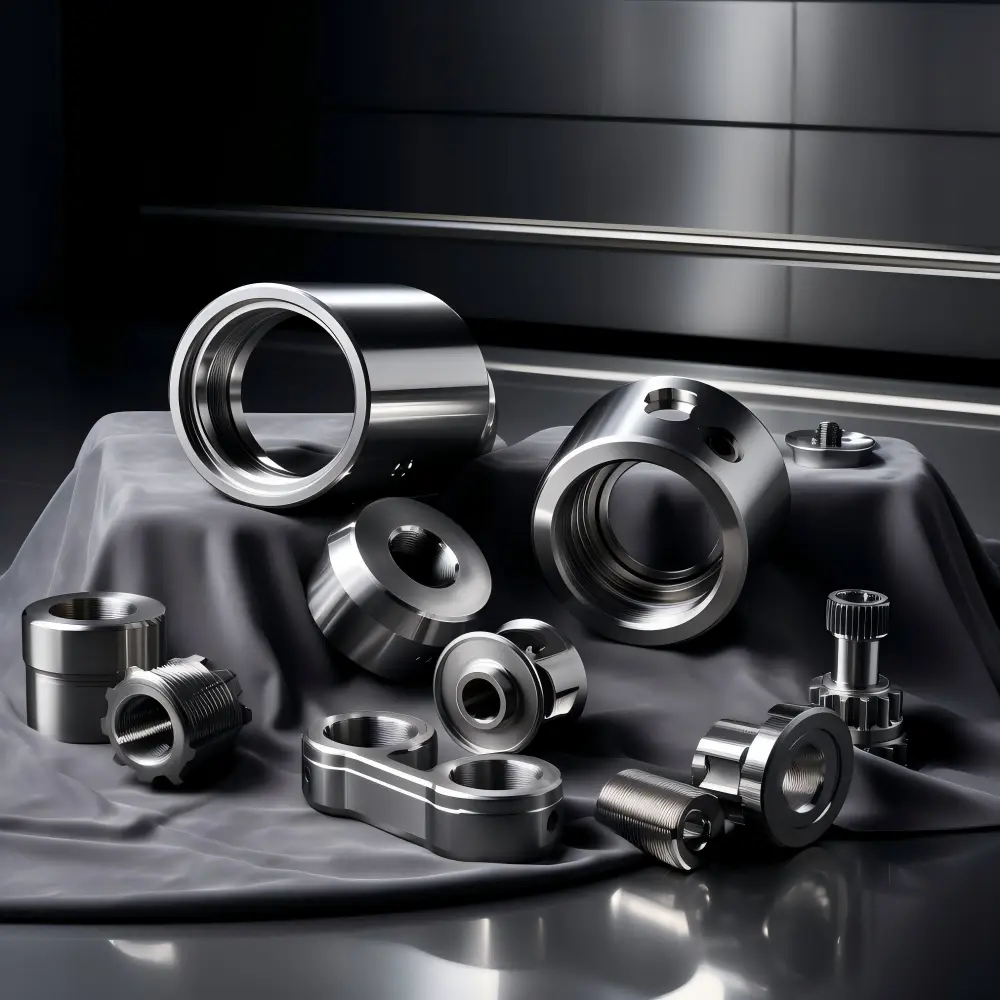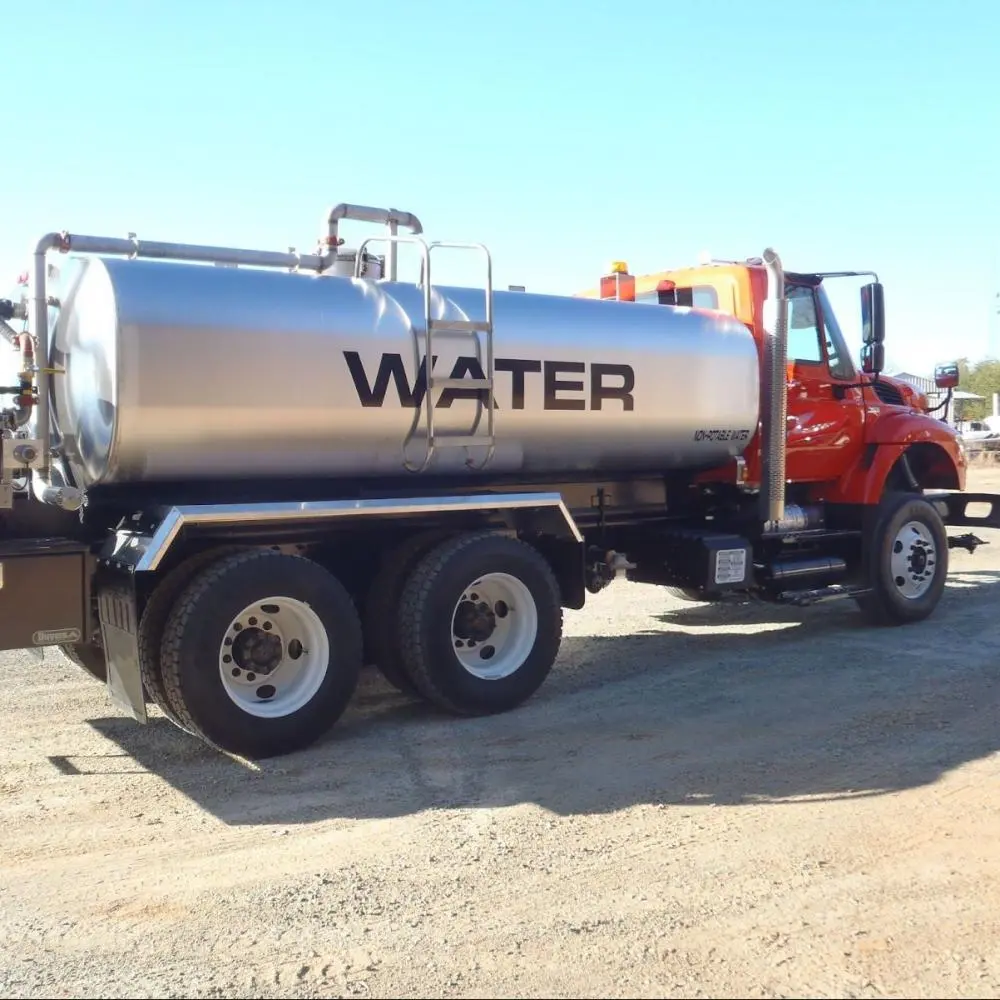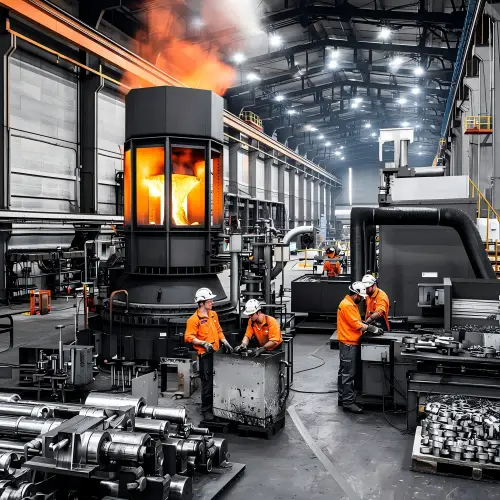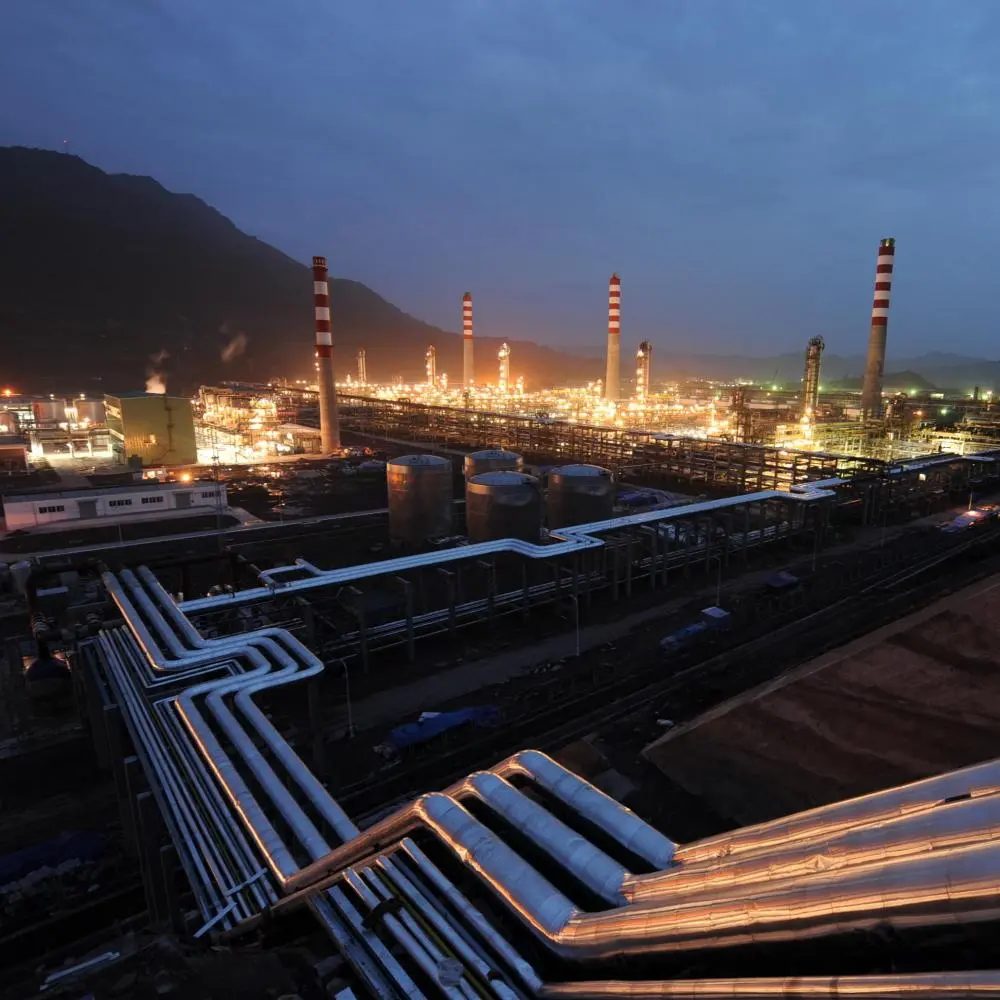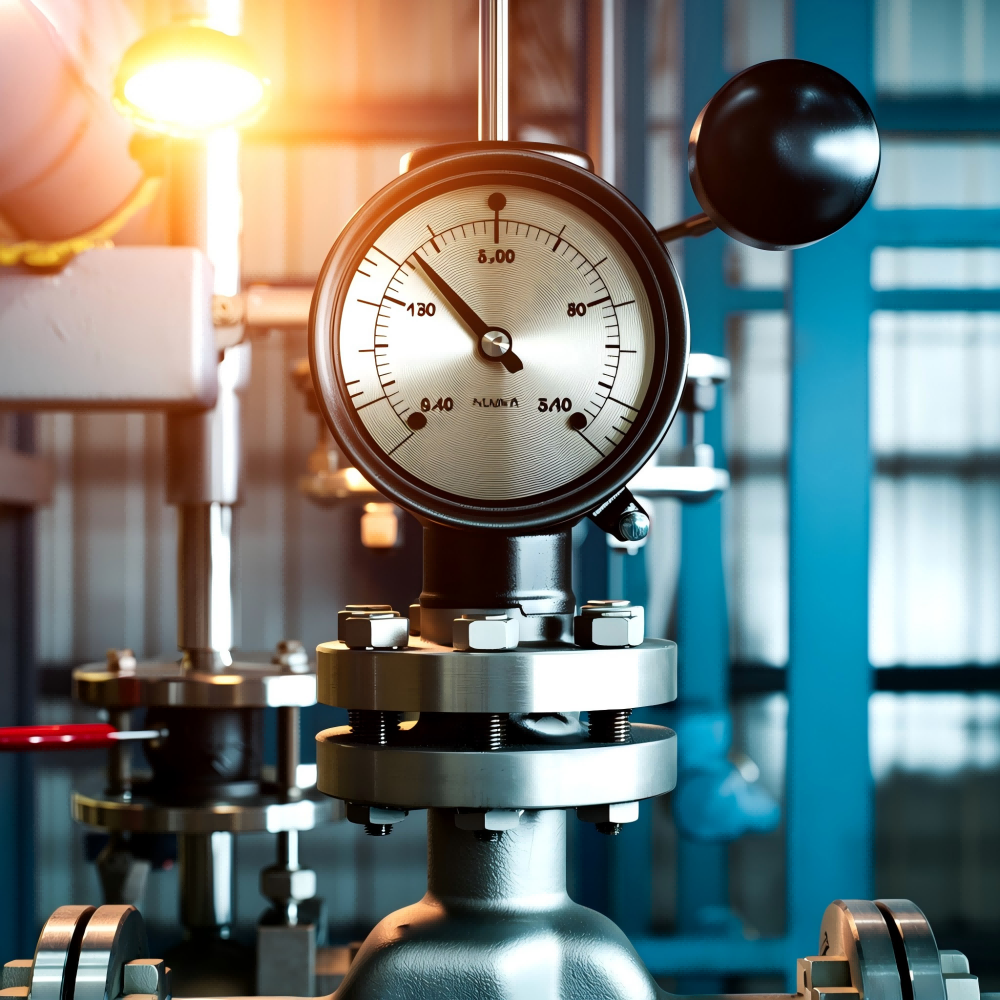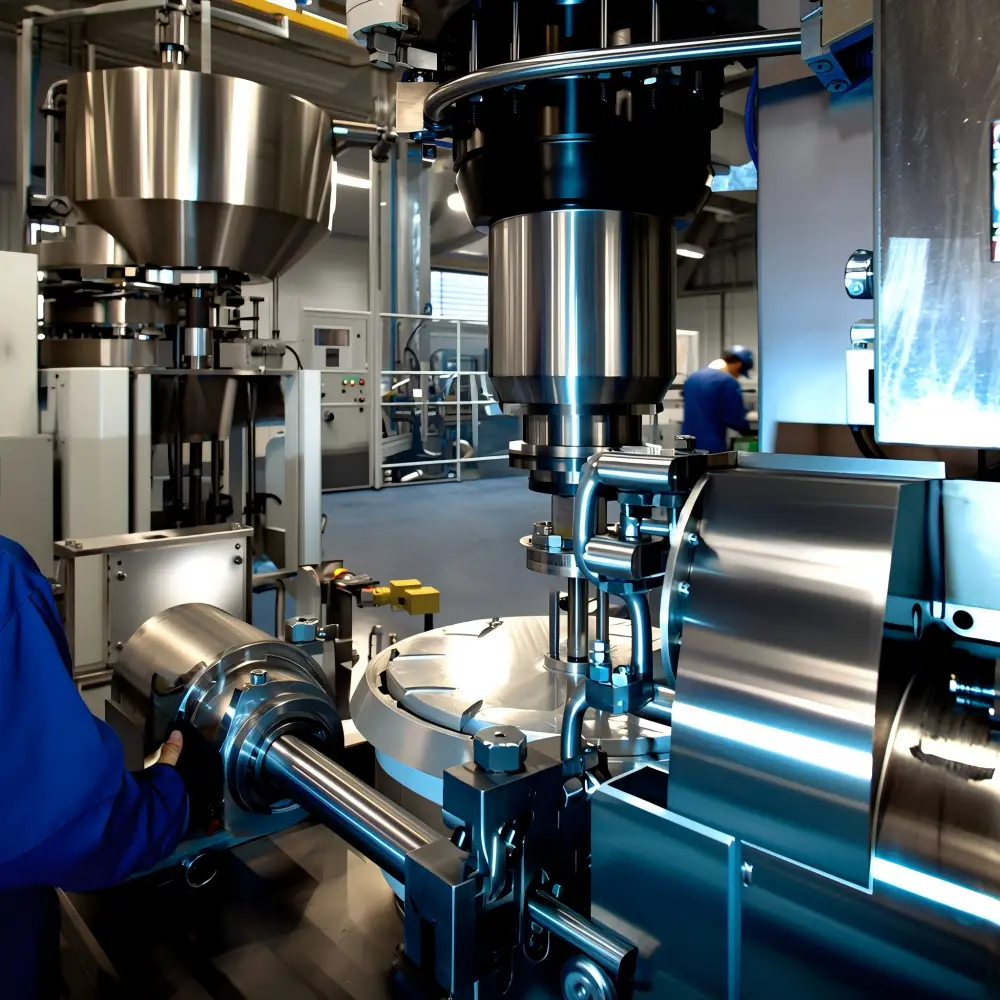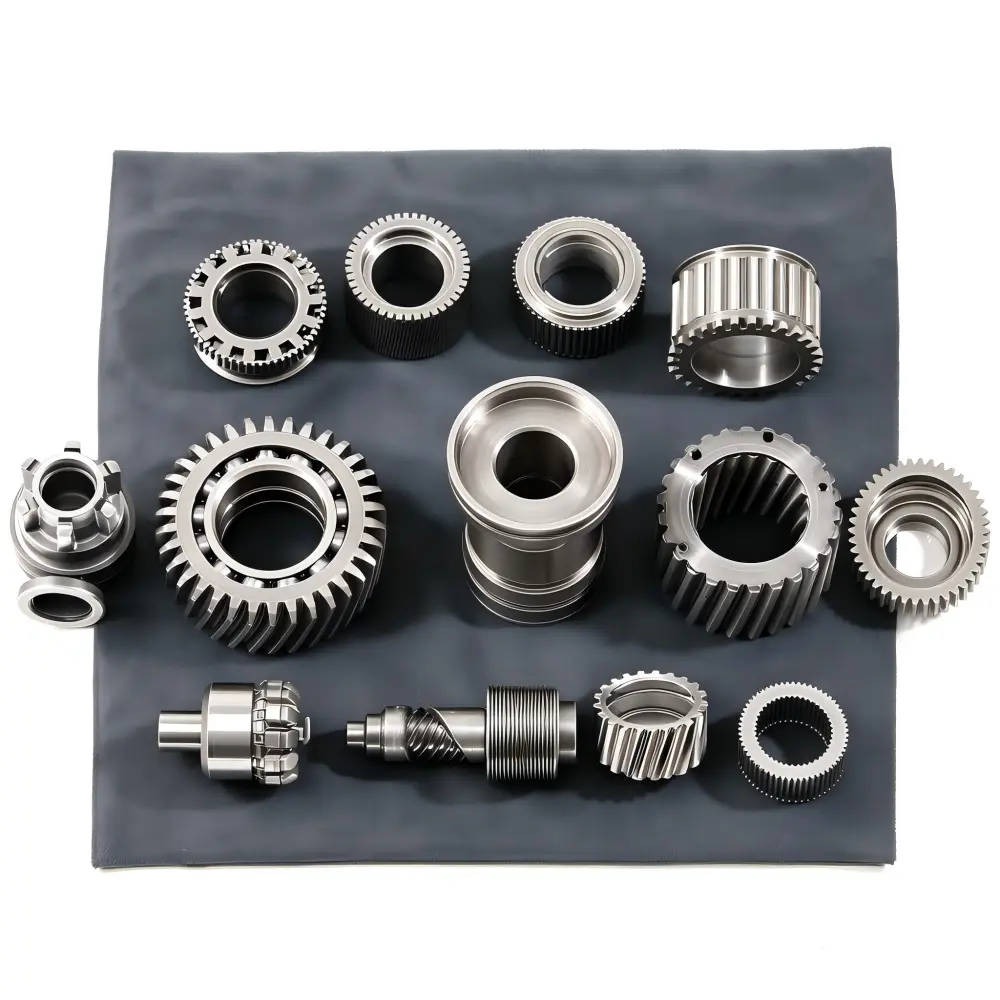How Silica Sol Casting Minimizes Harmful Emissions in Metalworking
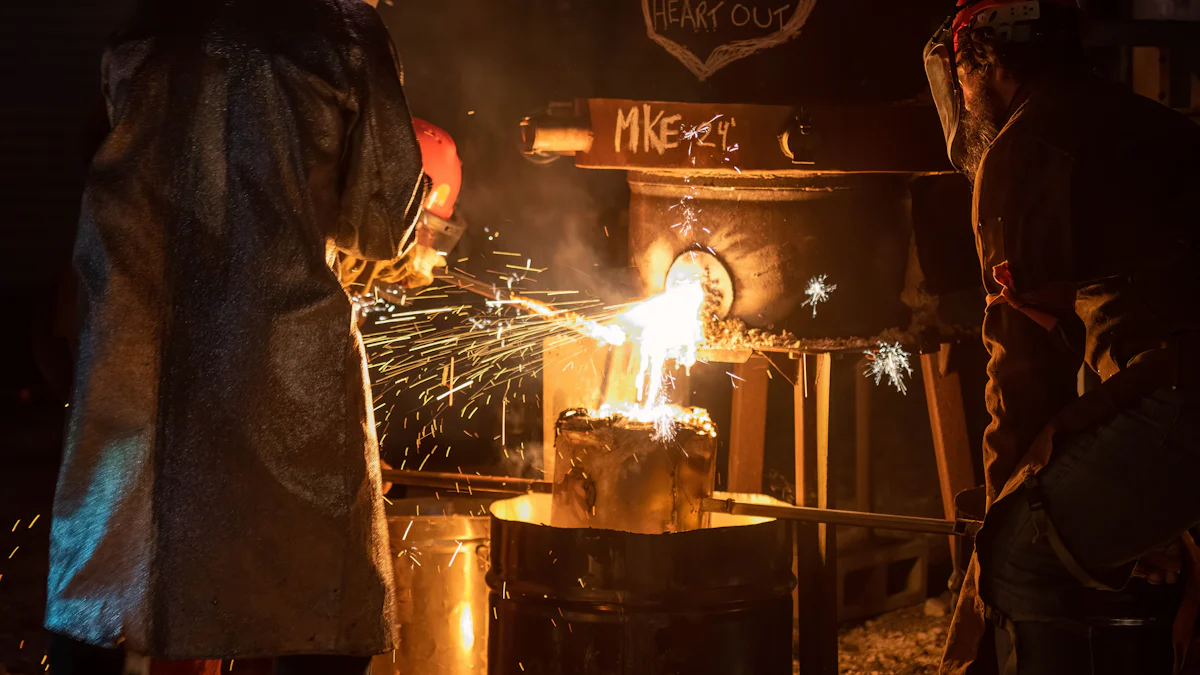
Silica sol Investment Casting offers a cleaner alternative to traditional metalworking methods. Unlike conventional processes that rely on toxic resins, it uses a water-based binder, reducing waste and harmful emissions. For instance, steel production contributes about 33% of industrial CO2 emissions, with blast furnaces accounting for 70% of this. Silica sol investment casting minimizes such impacts by aligning with sustainable practices. Companies like Ningbo Pingheng Machinery Co., Ltd. adopt this method to produce high-qualitystainless steel castings, bronze investment casting, and lost wax investment casting for industries like automotive and engineering.
Understanding Silica Sol Investment Casting
What is Silica Sol Casting?
Silica sol casting, also known as silica sol investment casting, is a precision metalworking process that creates high-quality components with exceptional accuracy. This method involves several carefully executed steps to ensure the final product meets exact specifications.
- Wax Pattern Creation: A wax model, identical to the desired part, is crafted. These patterns are attached to a gating system, forming a tree-like structure.
- Dipping: The Wax Assembly is dipped into a silica sol slurry and coated with fine refractory materials like zircon and fused silica.
- Drying: Each layer is dried before the next application, creating a durable ceramic shell.
- De-Waxing: The wax is melted and removed, leaving an empty ceramic mold.
- Casting: Molten metal is poured into the preheated ceramic mold, where it solidifies.
- Shell Removal: The ceramic shell is broken away, revealing the final cast part.
This process is widely used by companies like Ningbo Pingheng Machinery Co., Ltd., which specializes in precision casting solutions for industries such as automotive, engineering, and marine. They utilize materials like stainless steel 304 and 316, as well as copper alloys like tin bronze and silicon brass, to meet various national standards.
Key differences from traditional casting methods
Silica sol investment casting stands out from traditional methods due to its use of advanced materials and techniques.
- It uses colloidal silica as a binder, unlike traditional methods that rely on sodium silicate. This change improves the mold's stability and heat resistance.
- The combination of silica sol and zircon sand results in better surface finishes and dimensional accuracy compared to the silica sand used in older methods.
- Silica sol molds can withstand higher temperatures, enabling the production of high-quality castings with superior precision.
Traditional casting methods often involve harmful resins and chemicals, which contribute to environmental pollution. In contrast, silica sol casting relies on water-based binders, reducing waste and minimizing its environmental footprint. This makes it a preferred choice for sustainable manufacturing practices.
How Silica Sol Investment Casting Reduces Emissions
Lower energy consumption
Silica sol investment casting uses less energy compared to traditional casting methods. The process eliminates the need for high-temperature furnaces during mold preparation. Instead, it relies on water-based binders and silica sol slurry, which require less heat to cure. This reduction in energy usage not only lowers production costs but also minimizes carbon emissions. Companies like Ningbo Pingheng Machinery Co., Ltd., which specialize in precision casting, benefit from this energy-efficient approach. By adopting silica sol investment casting, they produce high-quality components for industries like automotive and marine while supporting sustainable practices.
Elimination of harmful chemicals
Traditional casting methods often involve toxic resins and chemicals that release harmful fumes into the environment. Silica sol investment casting takes a different approach. It uses water as a primary component, replacing hazardous materials with eco-friendly alternatives. This change eliminates the release of volatile organic compounds (VOCs) and other pollutants. As a result, the process creates a safer workplace for employees and reduces its environmental footprint. Ningbo Pingheng Machinery Co., Ltd. has embraced this cleaner method to manufacture components from materials like stainless steel 304 and 316, as well as copper alloys such as tin bronze and silicon brass.
Cleaner waste management and recycling
Silica sol investment casting generates less waste than traditional methods. Its reliance on water-based binders and silica sol slurry reduces the need for harmful resins, leading to cleaner waste streams. Additionally, the process supports recycling by allowing leftover materials to be reused in future production cycles. This approach aligns with sustainable manufacturing practices and helps companies like Ningbo Pingheng Machinery Co., Ltd. maintain a smaller environmental footprint. By focusing on cleaner waste management, they contribute to a greener industry while meeting the demands of sectors like engineering and power generation.
Environmental and Industrial Benefits of Silica Sol Investment Casting

Contribution to sustainable manufacturing
Silica sol investment casting plays a vital role in promoting sustainable manufacturing. This process uses water as a primary component, significantly reducing the reliance on harmful resins and chemicals. By generating less waste and minimizing its environmental footprint, it aligns with the industry's growing focus on eco-friendly practices.
Manufacturers adopting this method prioritize sustainability by recycling waste materials and reducing energy consumption. Many also implement closed-loop systems to reuse water and other resources, further minimizing wastage. For instance, Ningbo Pingheng Machinery Co., Ltd., established in 1999, employs this precision casting process to produce components from materials like tin bronze, silicon brass, and stainless steel 304 and 316. Their commitment to sustainable practices ensures high-quality solutions for industries such as automotive, power, and marine.
Improved workplace safety
Silica sol investment casting enhances workplace safety by eliminating the need for harmful resins and chemicals. This water-based process reduces the release of toxic fumes, creating a safer environment for workers. Additionally, it generates less waste, which simplifies waste management and reduces exposure to hazardous materials.
To further ensure safety, manufacturers adopt measures like local ventilation, personal protective equipment (PPE), and dust control. For example, workers use masks to minimize dust inhalation, while floors and surfaces are cleaned with water to control dust. These practices not only protect employees but also contribute to a healthier and more sustainable workplace.
Compliance with environmental standards
Silica sol investment casting ensures compliance with stringent environmental standards. By using water instead of harmful chemicals, this method reduces waste and aligns with sustainable manufacturing practices. Manufacturers also adhere to regulations like OSHA Standard 1926.1153, which governs exposure to respirable crystalline silica.
Leading companies, such as Ningbo Pingheng Machinery Co., Ltd., demonstrate their commitment to environmental compliance by obtaining certifications like ISO 14001. These certifications highlight their dedication to eco-friendly production methods and workplace safety. Regular inspections and best practices for silica dust management further reinforce their compliance, ensuring both environmental and worker protection.
Silica sol casting offers a sustainable solution for metalworking. It uses water-based binders, reducing harmful waste and supporting greener manufacturing. Companies like Ningbo Pingheng Machinery Co., Ltd., established in 1999, adopt this process to produce precision castings for industries like automotive and marine. This method minimizes emissions, improves safety, and ensures compliance with environmental standards.
FAQ
What industries benefit the most from silica sol investment casting?
Silica sol casting supports industries like automotive, marine, and power generation. Ningbo Pingheng Machinery Co., Ltd. uses this process to deliver precision parts for these sectors.
Can silica sol casting handle different materials?
Yes! This method works with materials like stainless steel 304, 316, tin bronze, and silicon brass. Ningbo Pingheng Machinery Co., Ltd. customizes castings to meet various national standards.
Why is silica sol casting considered eco-friendly?
It uses water-based binders and minimizes waste. Companies like Ningbo Pingheng Machinery Co., Ltd. adopt this process to reduce emissions and promote sustainable manufacturing practices.
💡 Tip: Choosing silica sol casting ensures high-quality components while supporting a greener planet!






